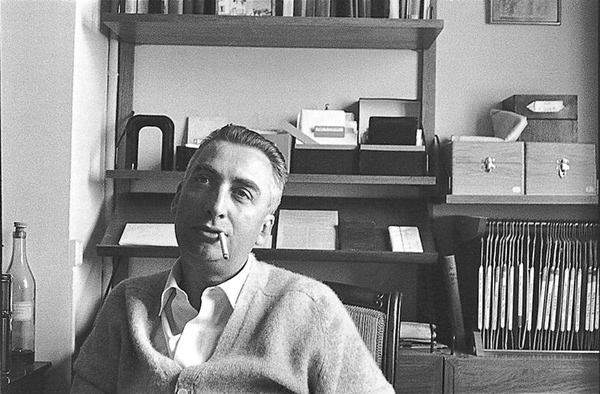
At the start of a seminar offered just a few years before his death, Roland Barthes (1915-1980) defined literature as a "codex of nuances" and proposed as the primary task of literary semiology the act of "listening to or watching for nuances." In his final book, Camera Lucida, he spoke of his paradoxical desire for a "science of the singular" (paradoxical because science typically deals only in generalized, repeatable phenomena). In retracing the major phases of Barthes's divers and prolific intellectual career, we'll have ample occasion to generalize—about literature and the other arts; about literary theory, literary practice, and cultural studies; about structures of subjectivity and ideology—but we'll also attend to the singularity and nuance of Barthes's writing and thinking, striving to hear the distinctive "grain" of his voice and discern the particular contour of the desire that animates his many projects. We'll also discuss works by many of Barthes's literal and figurative interlocutors, including Nietzsche, Brecht, Sartre, Jakobson, Benveniste, Robbe-Grillet, Derrida, Kristeva, Lacan, and others.
Required texts (consult instructor before acquiring): Works by Barthes will include Mythologies, Writing Degree Zero, Elements of Semiology, The Semiotic Challenge, The Rustle of Language, Image-Music-Text, S/Z, The Pleasure of the Text, Roland Barthes by Roland Barthes, A Lover's Discourse, Camera Lucida, and The Neutral.
Evaluation: Students will be evaluated on the basis of their preparation, contribution to the seminar, written responses, and final project.
For more information contact me at steven dot evans at umit dot maine dot edu (or here).
